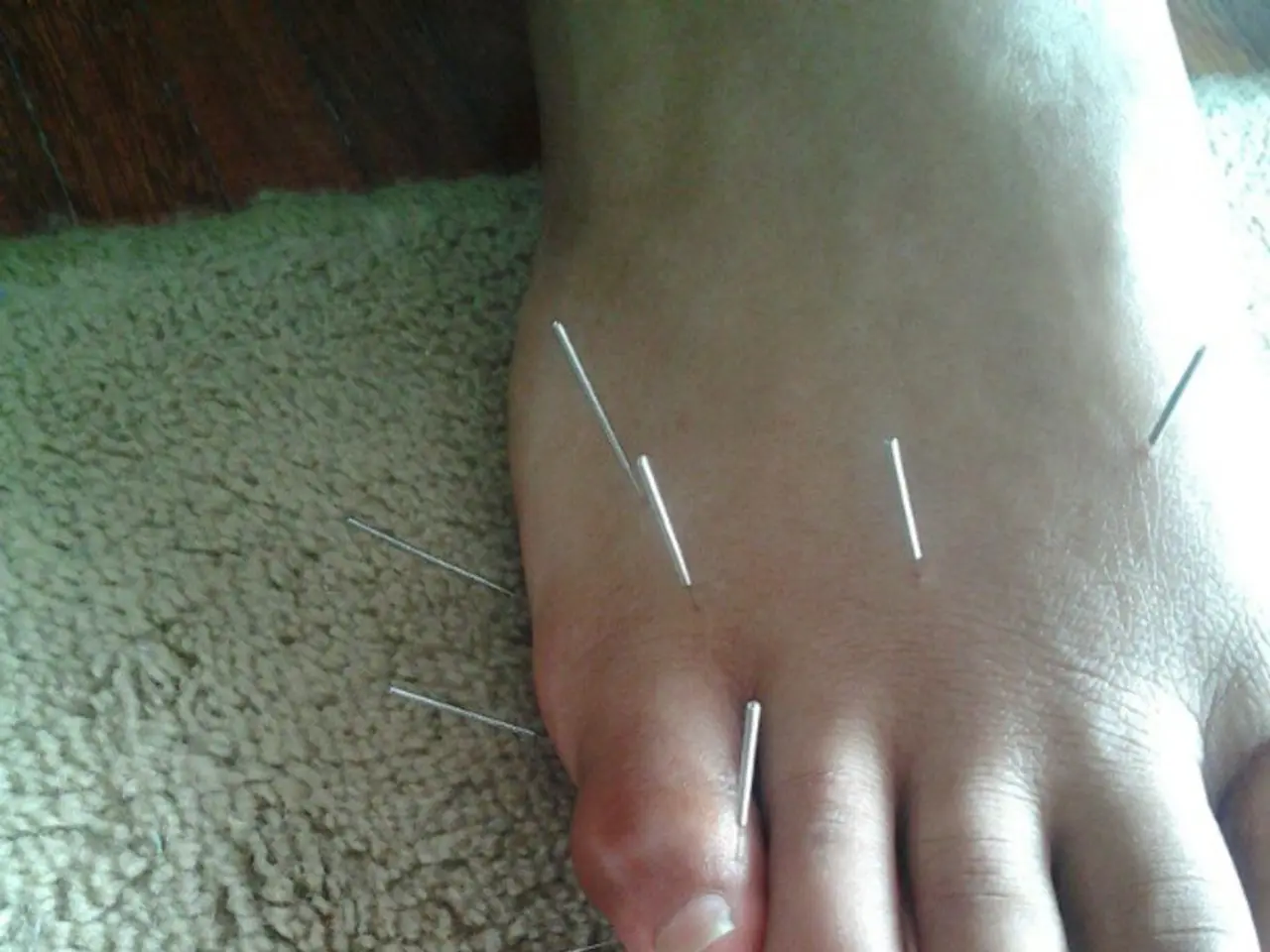Testicular cancer symptoms other than lumps include:
**Additional Symptoms of Testicular Cancer: What to Look Out For**
While a painless lump or change in the testicle’s size, weight, or firmness are the most common and recognised symptoms of testicular cancer, there are several other symptoms that may also occur. These additional signs can sometimes indicate the presence of cancer or suggest the disease has progressed.
**Common Additional Symptoms**
- Heaviness or aching in the scrotum or lower abdomen: Some men experience a persistent sensation of heaviness, pressure, or dull ache in the scrotum or lower abdomen. - Swelling or sudden fluid build-up in the scrotum: A noticeable enlargement or collection of fluid in the scrotum, not related to trauma, can sometimes occur. - Change in testicle firmness: The affected testicle may become harder or firmer than the other testicle. - Pain or discomfort: While painless lumps are common, some men may experience pain or discomfort in the testicle or scrotum, which can sometimes come and go. - Swollen legs: Swelling in the legs can occur if the cancer has spread to lymph nodes, potentially causing lymphatic obstruction. - Back pain: If the cancer has spread to the abdominal lymph nodes, back pain (typically lower back) may develop. - Cough or breathing difficulties: If the cancer has metastasized to the lungs, symptoms like a persistent cough or shortness of breath can occur. - Abdominal pain: Pain in the abdomen could indicate metastasis to abdominal lymph nodes or organs.
**Less Common and Advanced Symptoms**
- Gynecomastia (breast enlargement): This is rare but can occasionally occur if the cancer produces certain hormones. - Fatigue and unintentional weight loss: These are general symptoms of many cancers, including testicular cancer, especially in advanced stages.
**When to Seek Medical Attention**
Any of these symptoms—especially a lump, swelling, change in firmness, or persistent pain—warrant prompt evaluation by a healthcare provider. While not all lumps or changes indicate cancer, early diagnosis is crucial for successful treatment.
**Not all symptoms are present in every case, and some may relate to benign conditions.** However, persistent or unexplained symptoms should always be discussed with a doctor.
It is important to remember that regular self-examinations and reporting any testicle-related abnormalities or discomforts to a doctor can aid testicular cancer detection and lead to early, effective treatments. Testicular cancer is a highly treatable cancer, with up to 97% of people surviving at least another 5 years after treatment. If a person notices changes in the shape, appearance, or feeling of the testicle, they should talk to a doctor. The average age at diagnosis for testicular cancer is 33 years, and it is the most common solid cancer type among males aged 15-34 years in the U.S.
[1] American Cancer Society. (2021). Testicular cancer. Retrieved from https://www.cancer.org/cancer/testicular-cancer.html [2] Mayo Clinic. (2021). Testicular cancer symptoms. Retrieved from https://www.mayoclinic.org/diseases-conditions/testicular-cancer/symptoms-causes/syc-20354512 [3] National Cancer Institute. (2021). Testicular cancer treatment. Retrieved from https://www.cancer.gov/types/testicular/hp/testicular-treatment-pdq#section/_12 [4] American Society of Clinical Oncology. (2021). Testicular cancer: What to know. Retrieved from https://www.cancer.net/cancer-types/testicular-cancer/what-know [5] American Cancer Society. (2021). Testicular cancer: Diagnosis and staging. Retrieved from https://www.cancer.org/cancer/testicular-cancer/detection-diagnosis-staging/diagnosis.html
- Regular self-examinations and prompt medical attention for any testicle-related discomforts or abnormalities can aid in early detection of testicular cancer, a highly treatable form of chronic disease.
- It's crucial to prioritize overall health, including regular check-ups and screening for medical conditions like testicular cancer as part of a comprehensive health and wellness plan.
- By incorporating fitness and exercise, maintaining a balanced diet rich in nutrition, practicing good skin care, and managing mental health, individuals can support their bodies in fighting against, not just testicular cancer, but various chronic diseases.
- The science of oncology, combined with advances in medicine, has led to significant improvements in the treatment of cancers like testicular cancer, such as the use of CBD oil in managing certain side effects.
- Although Testicular Cancer primarily affects men, it's essential for women to be aware of the symptoms and encourage their male partners to perform regular self-examinations, fostering a culture of open discussion about men's health issues.
- Beyond direct physical health, it is vital to remember that the mind plays a significant role in coping with conditions like testicular cancer, making mental health an essential component in the journey towards recovery.
- The fight against testicular cancer and other chronic diseases is an ongoing global effort, requiring continued support, research, and advancement in science and medicine for improved outcomes and quality of life for all affected individuals.




